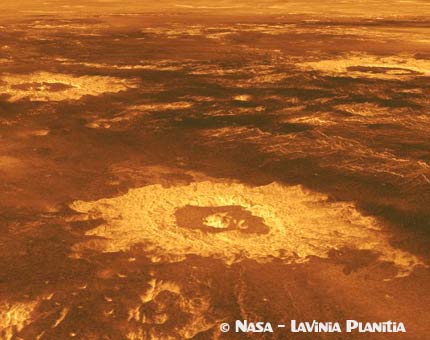

Cecil Spring-Rice was the son of Hon. Thomas William Spring Rice, second son of the prominent Whig politician and former Chancellor of the Exchequer Thomas Spring Rice, 1st Baron Monteagle of Brandon. He was educated at Eton and Balliol College, Oxford.
He then became a diplomat, serving in Tehran, Cairo and St. Petersburg. Later on in his career he worked in Persia and Sweden, before becoming ambassador to the United States in 1912. After an abrupt recall (a one-line telegram), he died shortly afterwards in Ottawa, where he was buried in Beechwood Cemetery.
"I vow to thee, my country" is the only significant writing of his, being a revision of an earlier poem he wrote. The fact that he died in 1918 seems to indicate to me that the words are very much influenced by the brutality and horrors of World War 1 in which millions of lives were lost fighting over small parcels of ground in Europe.
The point that Cecil Spring-Rice seems to be posing in verse one of this hymn is that patriotism or love of our country entails being prepared to fight for its retention and future generations. True patriotism entails the service of our love, unquestioning loyalty, even though we recognize and take on board the many imperfections of our country. In the same way we love other people, we should love our country, if we are true patriots, with all its faults and errors, injustices and unfairness. This reflects the way in which God loves us, despite our faults, shortcomings and imperfections. God loves us just the way we are, even though the things we do wrong and the mistakes we make are abhorrent to Him. (He loves the sinner but hates sin, to use Biblical terms). He has made provision to deal with our sins by sending His Son Jesus to die as a sacrifice for sin, bring forgiveness to those who accept Jesus as their Saviour and Lord and giving them the assurance that they have eternal life.
Are you patriotic enough to make the final sacrifice, that is be ready to fight to the death for your country, which is referred to in the last line of verse 1? If not, are there other causes, for example, your Christian faith, for which you would be prepared to sacrifice your life.
Verse 2 of this wonderful hymn changes gear completely, as it speaks about heaven, contrasting it with the earthly country of which he is a patriot. When he starts off by saying "And there's another country I've heard of long ago", it suggests to me that he must have had a Christian upbringing, attended a church school or Sunday school or experienced any combination of these things, which would have been normal in England during the time in which he lived. We know very little about heaven even from reading the Bible, but in Revelation 21 we read from verse 3 that "God Himself will be with them as their God. He will wipe away every tear from their eyes, and death shall be no more, neither shall there be mourning , nor crying, nor pain anymore, for the former things have passed away." No wonder this place is "most dear to them that love her, most great to them that know". The fact that we cannot count her armies I take to refer to all the Christians from previous generations and heavenly hosts and angelic servants already in the presence of God. All those who have faithful hearts and have suffered in God's purposes and for the sake of His name will be in heaven, enjoying His presence and worshipping and serving Him for ever.
People are to know Jesus Christ every day, across the world and being added "soul by soul" to His Kingdom. The last line reminds us that "her ways are ways of gentleness and all her paths are peace." This reminds us of the verse in Romans 14:17 where it says "The kingdom of God is not meat and drink but righteousness, peace and joy in the Holy Spirit.
In conclusion I would like to ask you two questions. Do you feel patriotic towards your own country, whether it is England or elsewhere in the world, and do you long to experience that other country of gentleness and peace where you can enjoy the presence of God and Jesus and worship and serve them for ever?